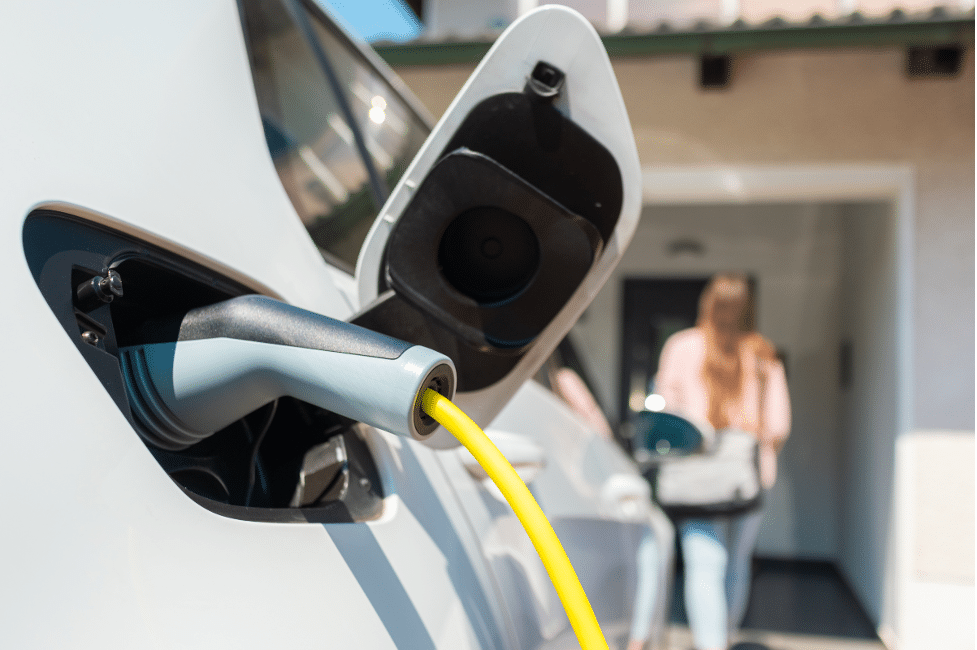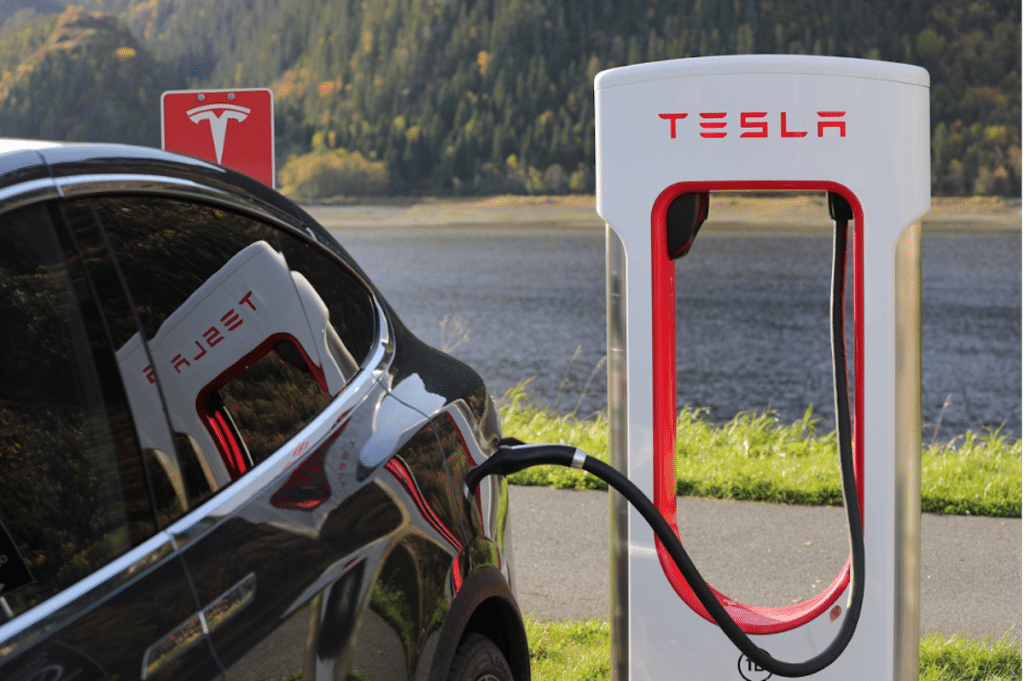With electric vehicles (EVs) growing in popularity, Tesla has emerged as a clear leader in the field. As more people transition to electric driving, one question remains paramount: how much does it cost to charge your Tesla?
Specifically, what are the cost differences between charging at a public station and charging at home? Here, we break down the various factors involved in each charging option, so you can decide which is best for your wallet and lifestyle.
Charging at a Public Charging Station
Public charging stations come in different levels and offer various charging speeds, and, yes, they often affect the pricing structure. Here are some key points to consider:
Levels of Public Charging Stations
- Level 1 Chargers: These chargers are relatively slow and typically offer 120 volts. They are, however, rare at public stations due to their slow charging speed.
- Level 2 Chargers: These are more common and provide 240 volts, making them much faster than Level 1 chargers.
- DC Fast Chargers: These chargers can charge an EV within a short period, offering rapid charging services. Tesla’s Superchargers fall into this category.
Cost Structure
Public charging stations can vary significantly in terms of cost. There are generally three pricing models.
- Pay-Per-Use: Users are charged based on the amount of energy consumed (measured in kilowatt-hours or kWh). Rates usually range from $0.28 to $0.35 per kWh.
- Subscription-Based: Some networks offer subscription models where users pay a monthly fee for access to charging stations. This could be beneficial for those frequently using public chargers.
- Time-Based: Some stations charge users based on the time their vehicle is plugged in rather than the energy consumed.
Example Cost Calculation
Suppose you are driving a Tesla Model S with a 100 kWh battery and charging it at a DC Fast Charger with a rate of $0.30 per kWh. The cost to fully charge your Tesla would be:
100 kWh x $0.30 per kWh = $30
However, a full charge might not always be necessary depending on your daily driving needs.
Charging at Home

Initial Installation Costs
Installing a home charger involves upfront costs, but it can save money down the line. For a detailed installation guide, you can check out Tesla charger installations.
- Cost of Charger: A Tesla Wall Connector typically costs around $500.
- Installation Costs: Electrician fees can vary, but they usually range from $200 to $1200 depending on labor and materials. You can get a detailed breakdown and quote by visiting EV charger installation.
Electricity Rates
The primary cost of charging your Tesla at home is your household electricity rate, which is typically cheaper than public charging stations. Here’s a breakdown:
- Standard Rate: U.S. residential electricity rates are around $0.13 per kWh.
- Time-of-Use Plans: Some utility companies offer time-of-use (TOU) plans, allowing you to charge at lower rates during off-peak hours. Rates can be as low as $0.09 per kWh during these times.
Example Cost Calculation
Consider a Tesla Model S equipped with a 100 kWh battery and an electricity cost of $0.13 per kWh. To fully charge the battery, you would incur the following cost:
100 kWh x $0.13 per kWh = $13
This is less than half of what you would pay at a public charging station.
Additional Factors
While the cost per kWh is lower at home, there are other factors to consider:
- Convenience: Home charging is incredibly convenient. You can plug in your car overnight and have it fully charged by morning.
- Equipment Lifespan: Over time, the efficiency of your home charging equipment could decrease, requiring maintenance or replacement.
Comparing the Costs
Annual Costs
The average American drives about 13,500 miles per year. Let’s assume your Tesla Model S has an efficiency of 3.7 miles per kWh. 13,500 miles/3.7 miles per kWh is approximately 3,650 kWh.
Here’s how the costs compare annually:
Public Charging Station:
Total kWh needed: 3,650 kWh.
Annual Cost: 3,650 kWh x $0.30 per kWh = $1,095
Home Charging:
Total kWh needed: 3,650 kWh
Annual Cost: 3,650 kWh x $0.13 per kWh = $474.50
Thus, the annual savings from home charging compared to public charging would be:
$1,095 – $474.50 = $620.50
Long-Term Savings
If you plan to keep your Tesla for several years, these savings can add up. Over a 5-year period, you could save:
$620.50/year x 5 years = $3,102.50
Even after considering the installation cost of a home charger, the long-term savings make home charging a cost-effective option.
Conclusion
So, while the initial costs of installing a home charger are higher, the long-term savings and convenience make it a viable option for most Tesla owners. Public charging stations offer flexibility and speed but come at a higher per-kWh cost. Depending on your driving habits and budget, both options have their merits. For a tailored solution to your charging needs, don’t hesitate to explore professional Tesla charger installations and EV charger installation services.
